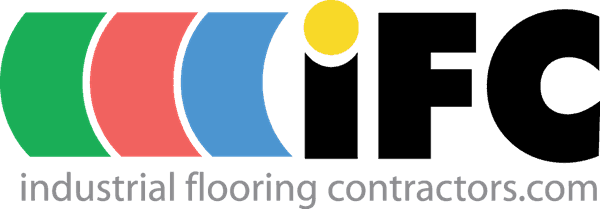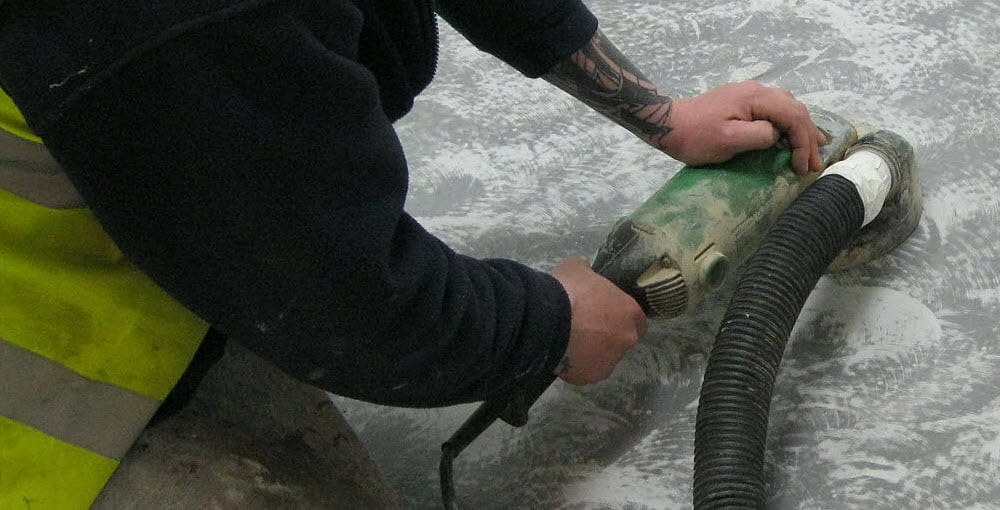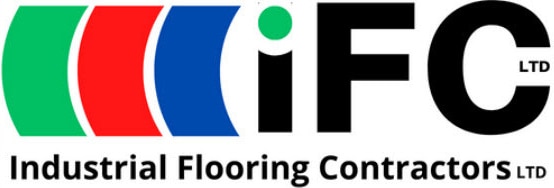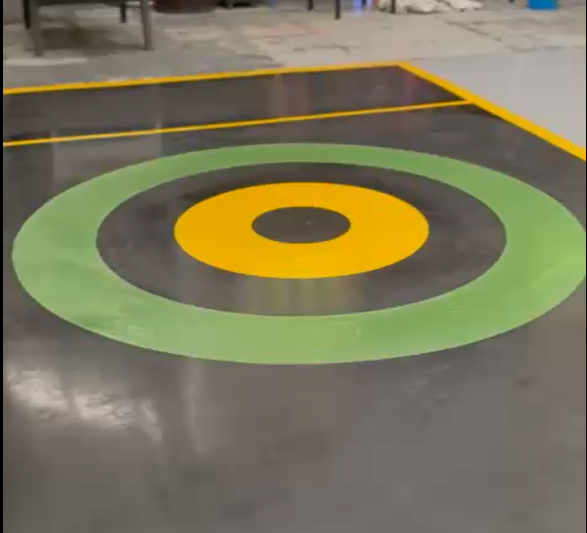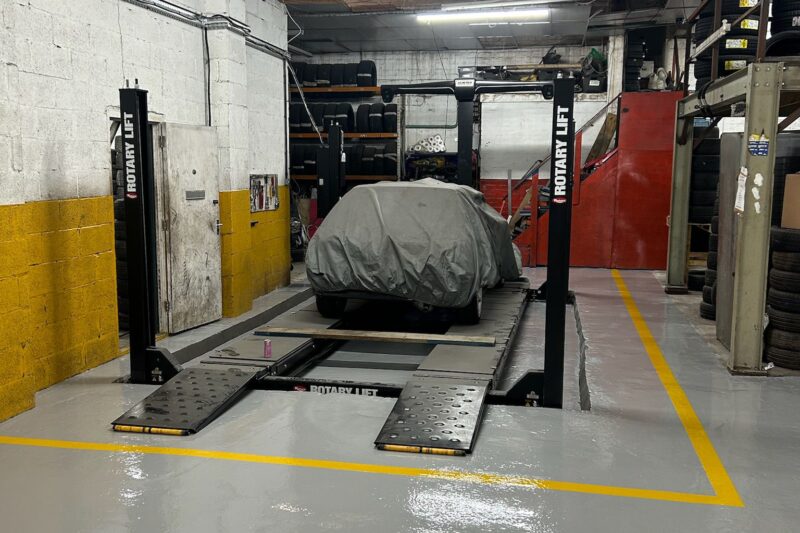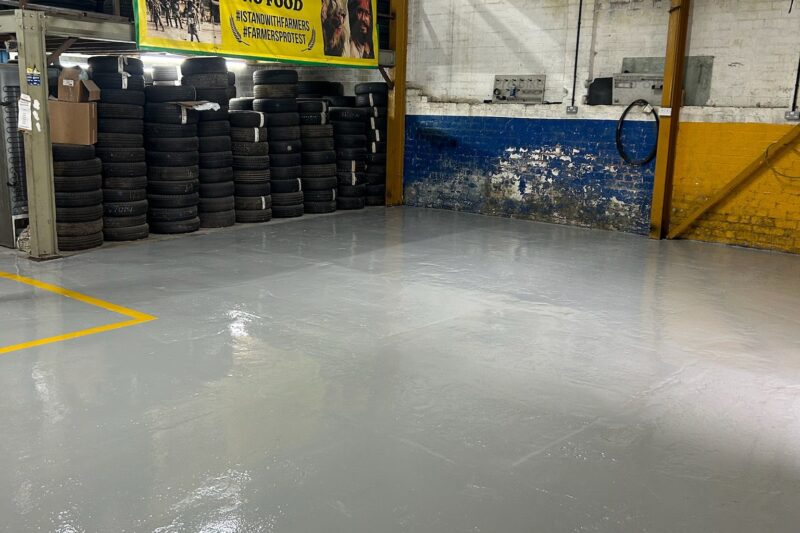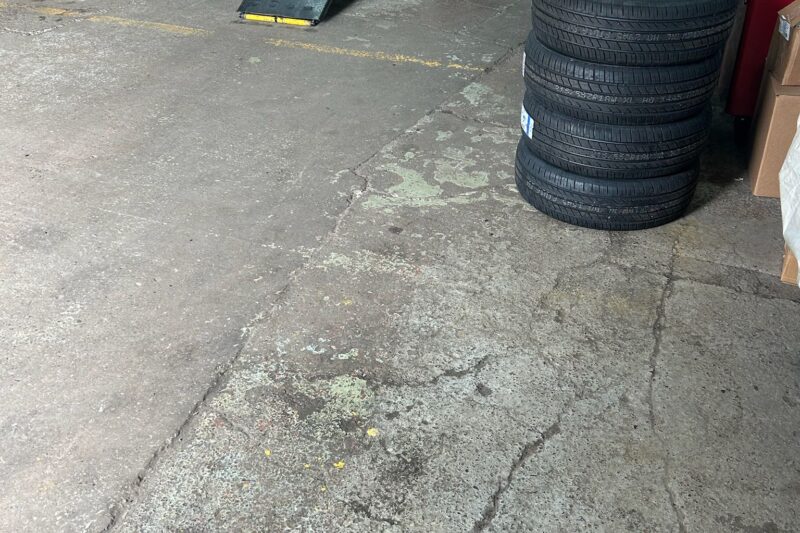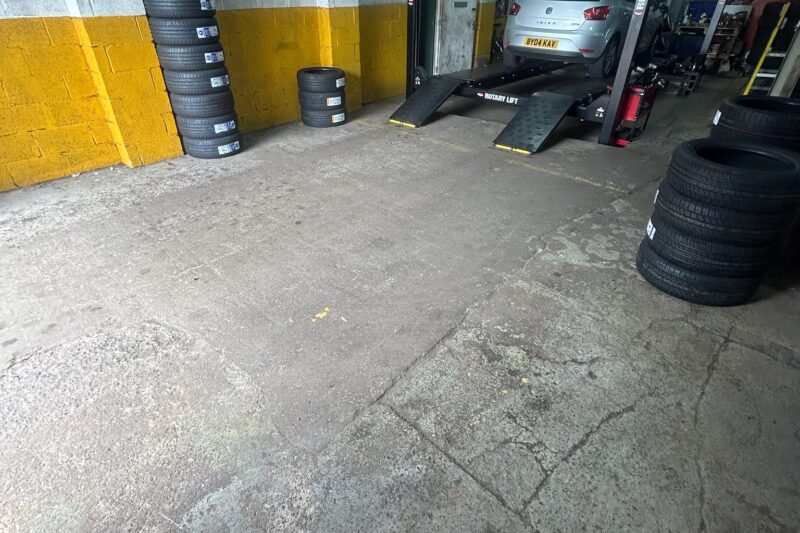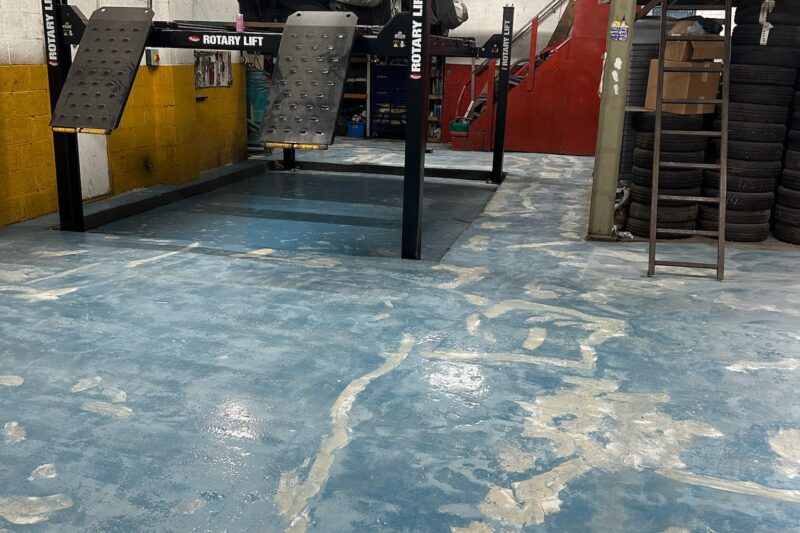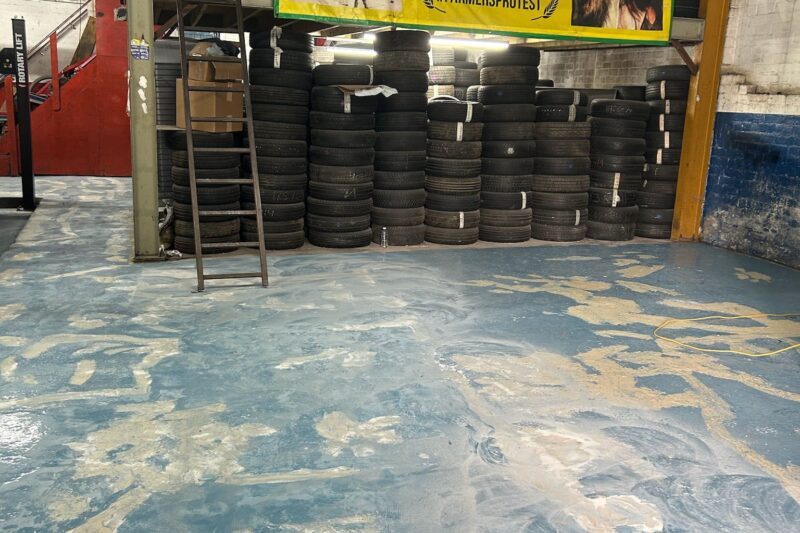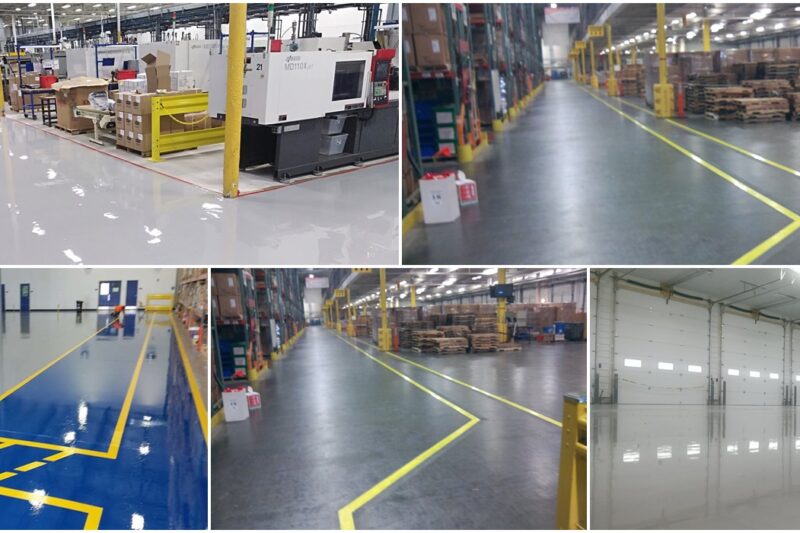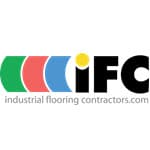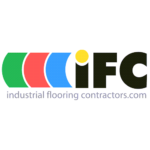With over 40 years’ experience of installing quality industrial flooring, we’ve got the expertise to help you choose a floor that’s ideal for your needs. We specialise in the supply and installation of high-quality, resin-based floor and marking systems.
We are centrally based in the West Midlands which enable us to cover the whole of the UK with a fast and efficient service.
Providing a total service to industry and commerce for specialist floor finishes, IFC offer a wide range of flooring solutions using the most up to date equipment methods and materials from state of the art epoxy resin flooring systems to cementitious pump applied systems.
Whatever your problems or requirements are we can advise you on the most cost effective solution. We are centrally based in the West Midlands which enable us to cover the whole of the UK with a fast and efficient service. All our work is fully guaranteed with up to 10 years warranty with certain products.
We offer a free no obligation site survey, fully itemised quotations, and client references can be provided upon request
We offer a wide range of proven floor technologies to extend the service life of your floors, whatever the challenge.
